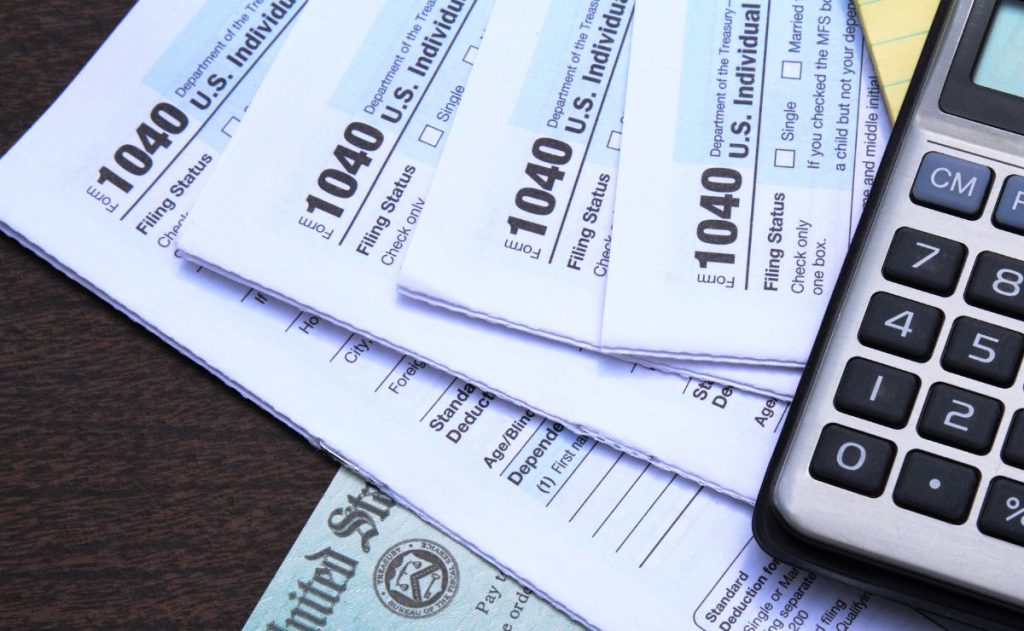As the holiday season wraps up and the new year unfolds, a familiar administrative specter emerges: the tax season. Fear not, financial citizen: this pre-season briefing illuminates thirteen critical questions that might be clouding your mind, offering clarity and preparation before the form-filling frenzy commences.
Mark your calendar for April 15th, 2024, the designated day for filing your federal tax return (unless it falls on a weekend or holiday, in which case it graciously shifts to the following Monday). Tax season itself ignites in late January, when the IRS welcomes electronic submissions from eager filers.
Early Bird or Patient Procrastinator? When to Fill Your Taxes
While the official opening date for 2023 filings hasn’t been officially announced, anticipate a late-January launch. However, some organized individuals with meticulous records may receive the green light to submit earlier.
Get ready for another adjustment to the income tax brackets in 2024. As a reminder, these brackets determine your tax rate based on your earned income. As you ascend the income ladder, your contribution proportionally increases (progressively, of course). While the exact figures for 2024 remain under wraps, expect an upward shift.
2023 Brackets: A Reference Point: While we await the unveiling of the 2024 brackets, here’s a quick refresher on the current individual filing structure:
- 37% for incomes exceeding $578,125
- 35% for incomes exceeding $231,250
- 32% for incomes exceeding $182,100
- 24% for incomes exceeding $95,375
- 22% for incomes exceeding $44,725
- 12% for incomes exceeding $11,000
- 10% for incomes below $11,000
For married couples filing jointly:
- 37% for income greater than $693,750.
- 35% for incomes over $462,500.
- 32% for incomes over $364,200.
- 24% for incomes over $190,750.
- 22% for incomes over $89,450.
- 12% for incomes over $22,000.
- 10% for income below $22,000.
Discovering the Latest Standard Deduction Updates
In the ever-evolving landscape of tax regulations, the standard deduction for 2023 has undergone a notable increase of approximately 7%. This adjustment brings the standard deduction to $13,850 for individuals and a substantial $27,700 for married couples filing jointly.
But what about our seniors? Those aged 65 and above are entitled to an additional standard deduction, adding an extra layer of benefit. In the tax year 2023, this bonus amounts to $1,850 for individuals filing as single or as heads of household. For married taxpayers falling into this category, the increased figure stands at $1,500. It’s worth noting that both of these figures have seen a modest uptick of $100 compared to the preceding tax year, offering a bit more relief for our senior citizens navigating the complexities of tax season.
Have Itemized Deductions Changed?
Concerning state and local taxes, individuals who choose to itemize deductions can claim up to $10,000 for property, sales, or income taxes previously remitted to local or state authorities. When it comes to mortgage interest, the general rule allows the deduction of interest payments on the initial $750,000 of mortgage debt.
Notably, those who purchased homes before December 16, 2017, retain the privilege of deducting interest on the first $1 million. Lastly, the realm of medical expenses introduces a threshold—only expenses exceeding 7.5% of your adjusted gross income are eligible for deduction, emphasizing the nuanced intricacies woven into the fabric of the tax code.
